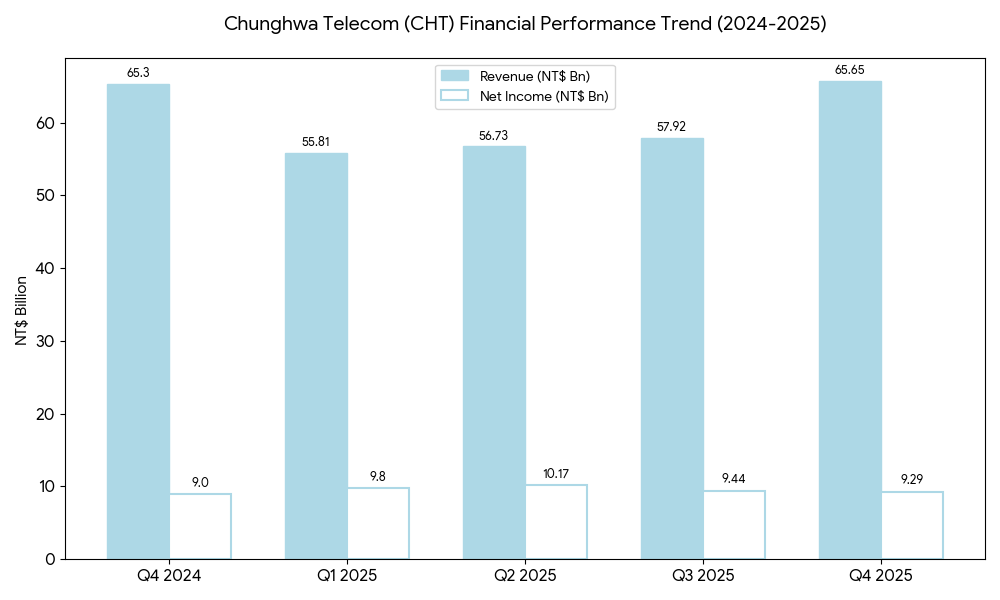Benzinga and Yahoo Finance LLC may earn commission or revenue on some items through the links below.
Forty percent of workers making over $300,000 a year say they are living paycheck to paycheck, according to a new retirement report from Goldman Sachs Asset Management.
The survey paints a broader picture of financial stress that cuts across age groups and income brackets. “Financial strain is not confined to low-income workers,” the report said, noting that lifestyle inflation, debt, and elevated living costs have eroded savings capacity even for high earners.
Don’t Miss:
Among all working respondents, about 40% reported that they live paycheck to paycheck, and another 40% said they are only making moderate financial progress each year. Goldman Sachs says that these groups face significant headwinds when trying to save for retirement.
“Approximately 74% of those who report living paycheck to paycheck also say that the competing priorities affect their ability to save for retirement,” the report said. Those priorities include student loans, childcare, healthcare costs, credit card debt, and financially supporting family members.
The survey found that people living paycheck to paycheck have the lowest retirement savings-to-income ratios—a metric used to measure how prepared someone is for retirement. Even making small, regular contributions can be difficult when there’s little or no discretionary income left after bills.
Trending: Warren Buffett once said, “If you don’t find a way to make money while you sleep, you will work until you die.” Here’s how you can earn passive income with just $100.
Interestingly, the pattern isn’t much better among top earners. Among households earning $200,000 to $300,000, only 16% said they were living paycheck to paycheck. But that number jumps to 41% for those earning more than $300,001 to $500,000.
And surprisingly, in the $500,001-and-up bracket, 40% of respondents also reported living paycheck to paycheck. According to Goldman Sachs, this may reflect “lifestyle creep, the phenomenon of luxuries becoming necessities to certain income cohorts.”
The report also highlights how major life events such as having a baby, buying a home, or dealing with a financial hardship often force people to pause retirement contributions, take loans from their retirement accounts, or delay retirement altogether. About 66% of Gen Z and 59% of Millennials surveyed said they experienced at least one major life event in the past two years.






















